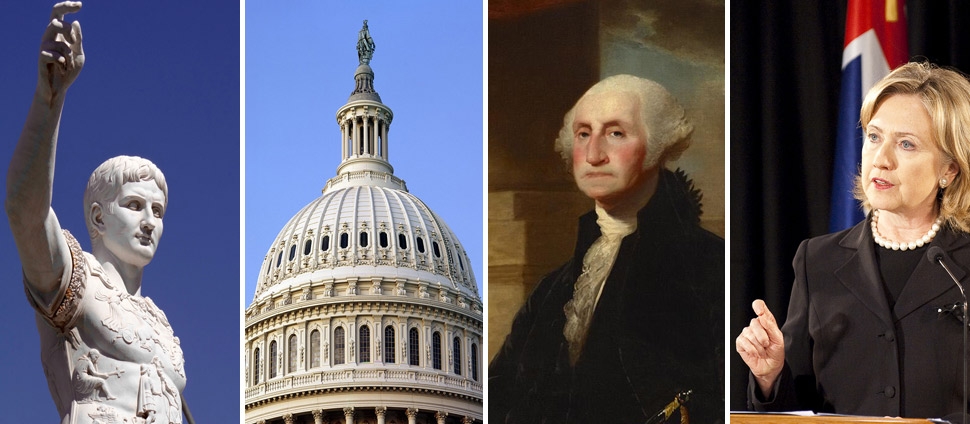Document Type
Article
Publication Date
2011
Publication Title
Political Research Quarterly
Abstract
This article tests two competing theories of the relationship between piety and redistributive preferences in the Muslim world. The first, drawn from the new political economy of religion, holds that more pious individuals of any faith should oppose redistributive economic policies. The second, drawn from Islamic scripture, holds that pious Muslims should favor more redistributive economic policies. Employing survey data from twenty-five countries, the authors find that there is no clear relationship between piety and redistributive preferences among Muslims. The authors find that more pious Muslims are less likely to favor government efforts to eliminate income inequality, but they find only inconsistent evidence that more pious Muslims support governments taking responsibility for the well-being of the poor. The findings offer little evidence to suggest that either scriptural or organizational factors unique to Islam create distinct economic policy preferences.
Keywords
Islam, redistribution, preferences, religion and politics
Volume
64
Issue
3
First Page
491
Last Page
505
DOI
10.1177/1065912909359404
Rights
© 2011 University of Utah
Version
Version of Record
Recommended Citation
Pepinsky, Thomas B. and Welborne, Bozena C., "Piety and Redistributive Preferences in the Muslim World" (2011). Government: Faculty Publications, Smith College, Northampton, MA.
https://scholarworks.smith.edu/gov_facpubs/57


